Origins and Production: The potato, from which the fiber is extracted, originates from the Andes, cultivated by the Incas already two thousand years before Christ123. Today, potato fiber is mainly produced through the processing of selected tubers, predominantly in regions that have a long history of potato cultivation, such as Peru and Bolivia4.
Role in Gluten-Free Cooking: In the preparation of gluten-free foods, potato fiber plays a crucial role. Not only is it naturally gluten-free, but it also contains starch which helps give the right texture and consistency to baked goods.
Differences with Other Fibres: Unlike psyllium fibre, which is a soluble source of fibre, potato fiber is rich in starch and contributes differently to the structure of foods. Compared to other fibers such as pea or bamboo, potato fiber has a complex carbohydrate content and can have a different impact on the texture and flavor of finished products.
Use in Gluten-Free Bread: Gluten-free bread benefits enormously from the use of potato fibre. This not only improves the structure of the bread, but also increases its softness and shelf life.
10 Reasons to Use Potato Fiber in Gluten-Free Bread:
- Improves consistency: it makes the bread softer and more pleasant on the palate.
- Increases shelf life: bread stays fresh for longer.
- Rich in nutrients: provides additional nutritional benefits.
- Facilitates digestion: thanks to its composition, it can be more easily digestible.
- Versatility: combines well with different flours and starches.
- Gluten-free: ideal for those suffering from celiac disease or gluten intolerance.
- Improves flavour: gives a delicate note that enriches the taste of bread.
- Affordability: Often more accessible than other gluten-free alternatives.
- Ease of use: it does not require special treatments during the preparation phase.
- Naturalness: it is a natural product, without additives or preservatives.
- Allergies: Some people may be allergic to potatoes.
- Nutrient absorption: May interfere with the absorption of some minerals.
- Calories: May increase the calorie content of bread.
- Taste: May not be liked by everyone.
- Consistency: If used in excess, it can make the bread too dense.


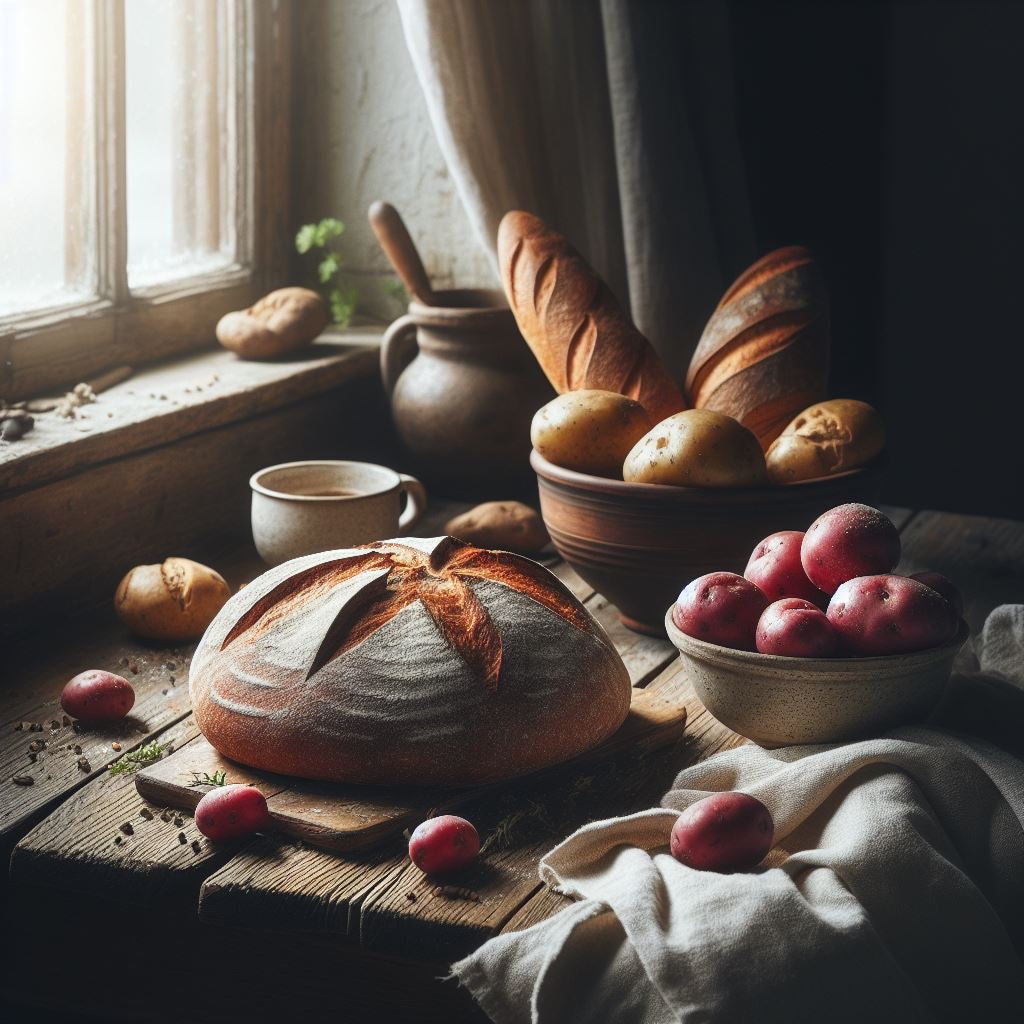
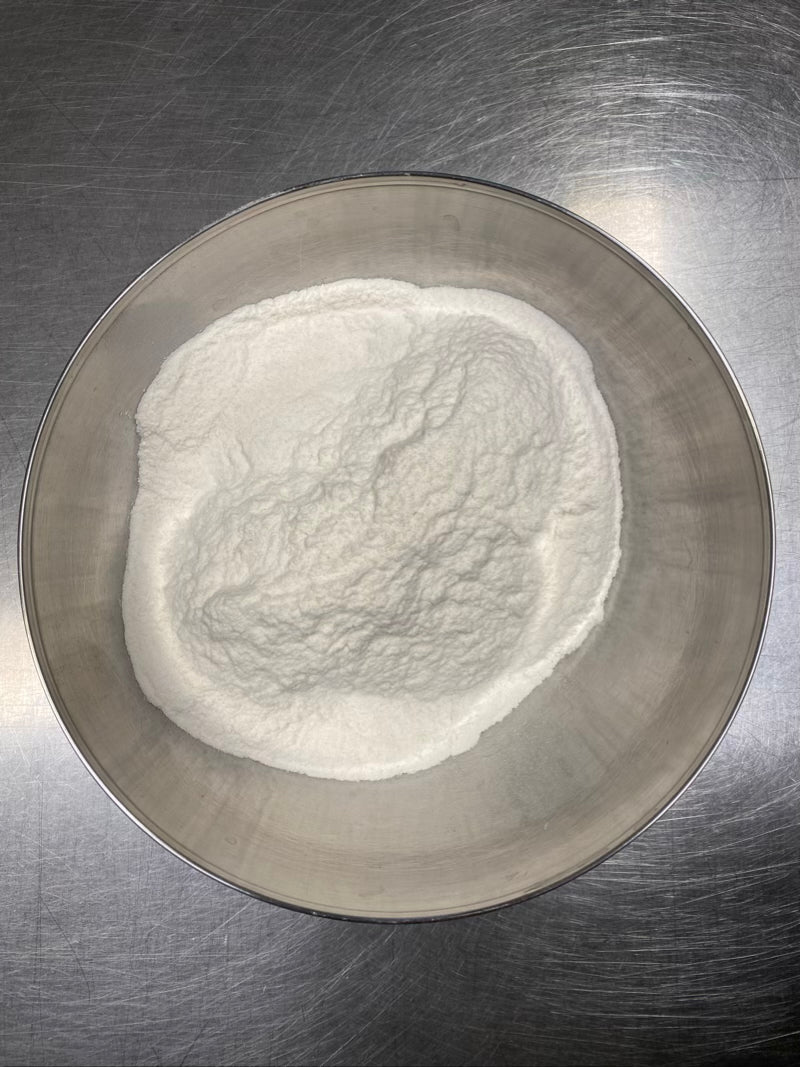
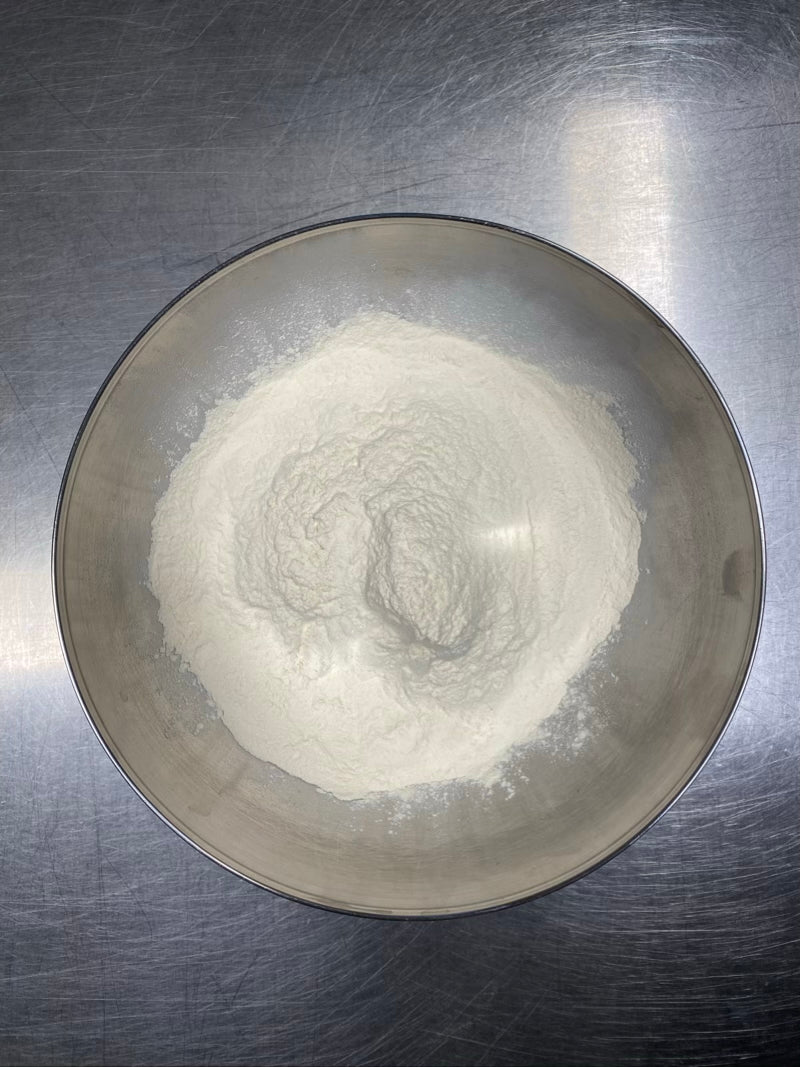
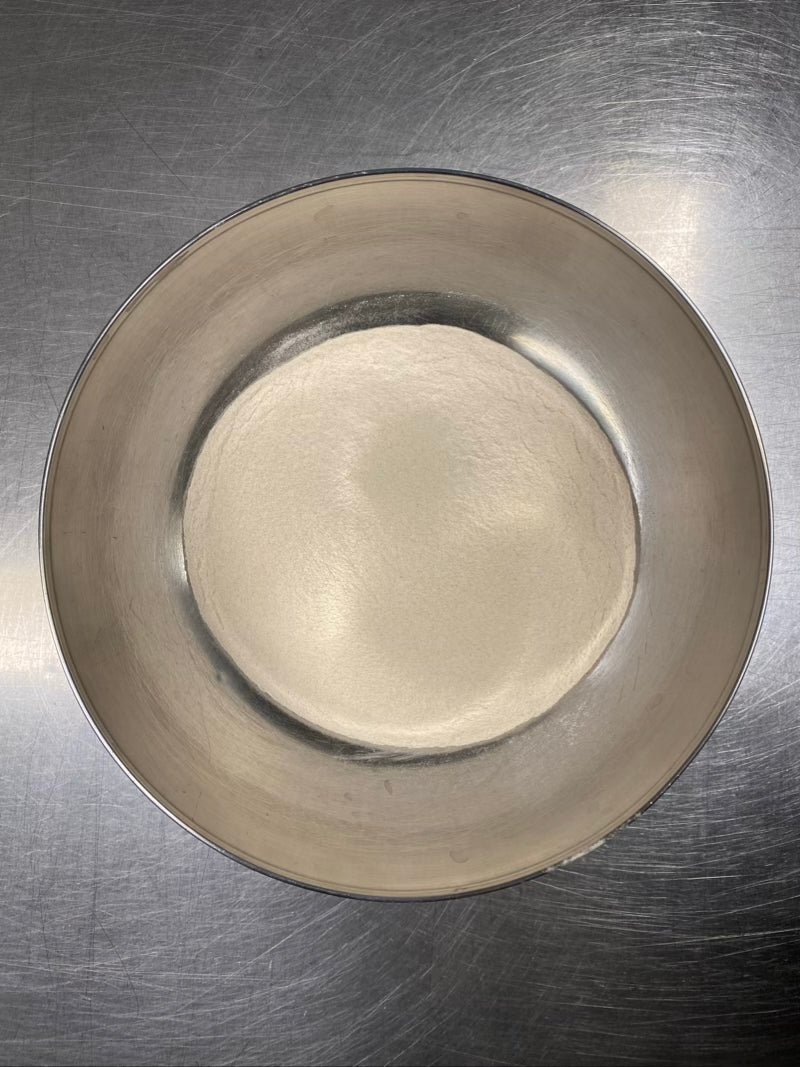
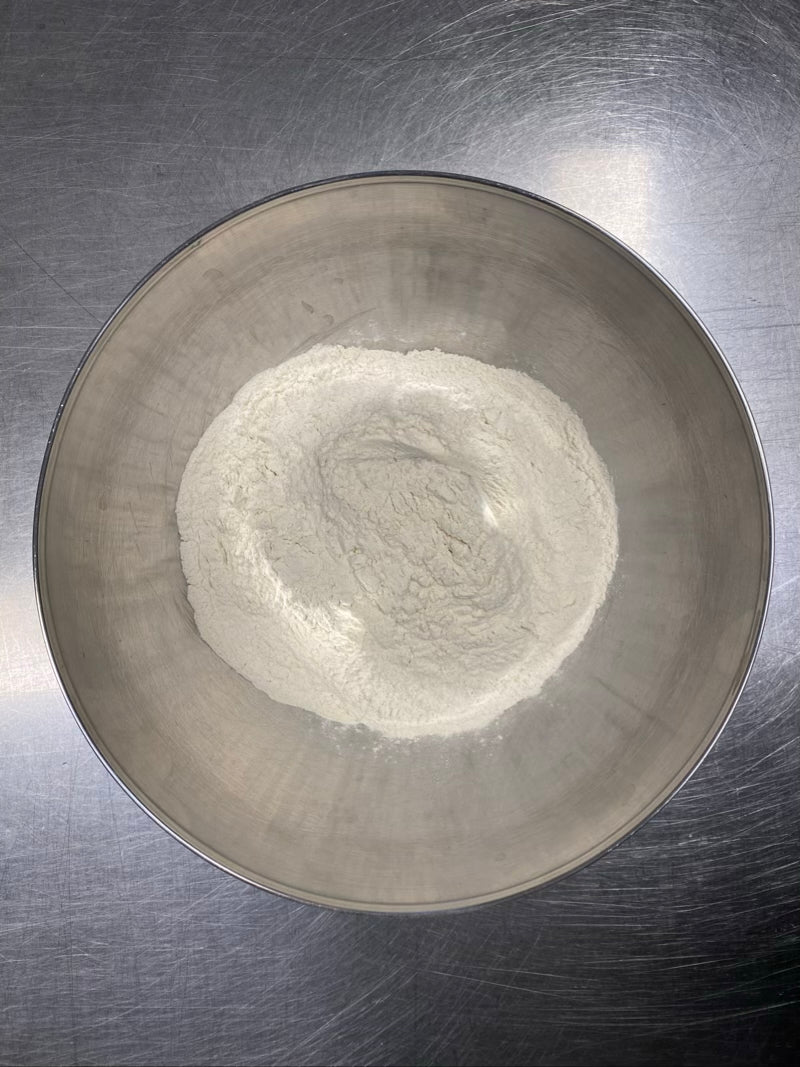

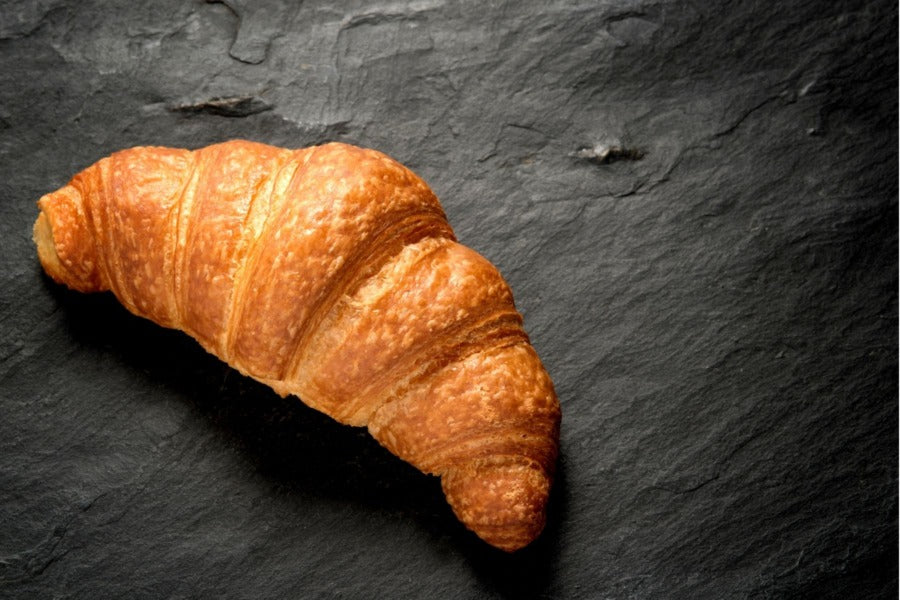

Share:
Water-roux, what is it and what is it for?
International Celiac Disease Day